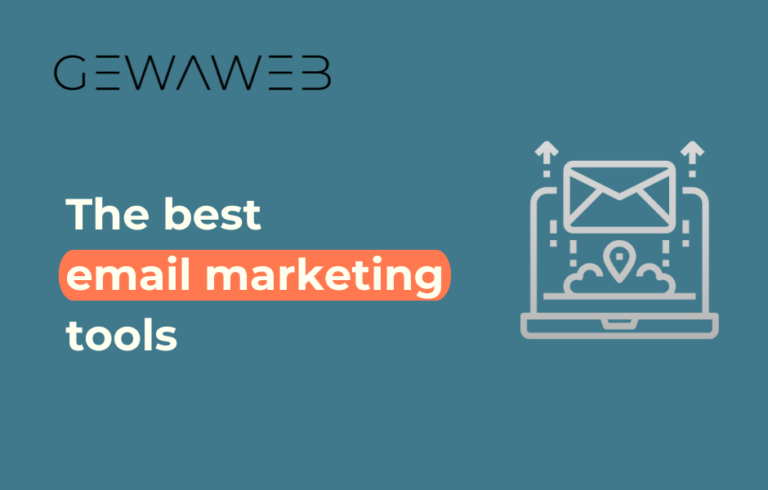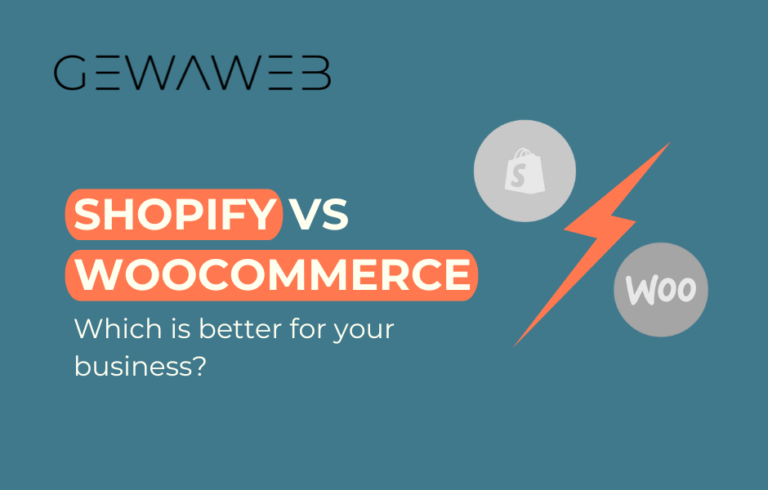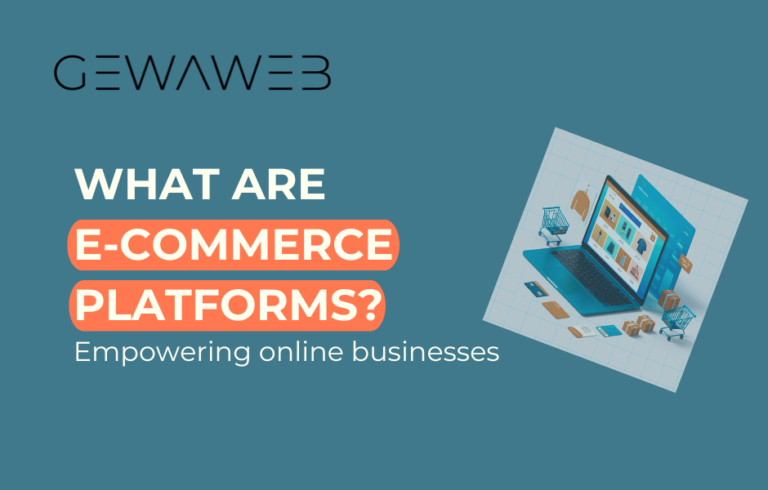When it comes to building stunning websites on WordPress, two names stand out above the rest: Elementor and Divi. Both are powerful page builders that allow users to design websites without needing to code. But which one should you choose for your website? In this post, we’ll dive deep into the features, ease of use, performance, pricing, and support of Elementor and Divi, helping you make an informed decision.
1. Overview of Elementor and Divi
Elementor
Elementor has quickly become one of the most popular WordPress page builders, thanks to its user-friendly drag-and-drop interface. Launched in 2016, it’s widely loved for its speed, simplicity, and flexibility, enabling even beginners to design professional-looking websites with ease.
Divi
Divi, developed by Elegant Themes, has been around since 2013. It’s more than just a page builder; it’s a complete WordPress theme and visual builder in one. Divi boasts a massive following due to its endless customization options and pre-designed templates that make it easy to craft unique websites.
2. Ease of Use
Elementor’s Interface
Elementor shines when it comes to ease of use. Its live editing interface is highly intuitive—what you see is what you get (WYSIWYG). This allows you to build pages quickly by dragging and dropping elements onto the page. With over 90 widgets and pre-made blocks, beginners and advanced users can create complex designs in a matter of minutes.
Divi’s Interface
Divi’s visual builder is slightly more complex. It’s also a front-end builder, but its UI can be overwhelming for beginners. Divi’s learning curve is steeper due to its extensive customization options. However, once you get the hang of it, Divi’s flexibility is unmatched. It’s perfect for users who want to have granular control over every aspect of their website design.
3. Design and Customization options
Elementor
Elementor offers an extensive range of design options, from typography to spacing, without requiring CSS knowledge. The platform also provides hundreds of pre-built templates that you can easily customize. Elementor Pro takes things to the next level with features like custom CSS, advanced motion effects, and custom fonts.
Divi
Divi is a powerhouse when it comes to customization. Every element, from buttons to background images, can be customized to the pixel. It also offers global styles, which allow you to change the appearance of multiple pages simultaneously. Divi’s built-in split-testing tool is a bonus for affiliate marketers who want to optimize their designs for conversions.
4. Performance and Speed
Elementor
Elementor is known for its speed and clean code, which leads to faster loading times compared to many other page builders. It’s lightweight and doesn’t bloat your website with unnecessary features, helping improve site performance. That being said, you might need to optimize your site with caching plugins or a CDN to ensure top-notch speeds.
Divi
Divi has historically struggled with performance issues due to its heavy feature set. However, Elegant Themes has made significant strides in improving Divi’s speed with recent updates. Divi’s performance still tends to lag slightly behind Elementor, but for most users, the difference is negligible.
5. Pricing
Elementor
Elementor offers a free version, which includes basic features suitable for simple websites. If you want more advanced features, Elementor Pro starts at $59/year for a single site, with higher-tier plans available for agencies. The pricing is flexible and affordable for both small businesses and larger enterprises.
Divi
Divi doesn’t have a free version, but its pricing model is unique. For $89/year, you get access to all Elegant Themes products, including Divi, Extra (a magazine theme), and Bloom (an email opt-in plugin). For $249, you get lifetime access, making it a cost-effective choice if you plan to use it long-term.
6. Support and Community
Elementor
Elementor has a thriving community of users, with Facebook groups, forums, and an active blog. The support for the Pro version is excellent, with fast response times from the helpdesk. In addition, the official documentation is well-written and easy to follow, even for beginners.
Divi
Divi’s support is stellar, with 24/7 live chat and a strong community of users willing to help. Like Elementor, Divi also has a large Facebook group and a wealth of tutorials and documentation. However, one advantage is that Divi users gain access to the Elegant Themes support system, which covers all their products.
7. Best for selfmade websites
Elementor
For affiliate marketers, Elementor’s ability to quickly create high-converting landing pages and popups with little effort makes it a winner. With Elementor Pro, you can integrate tools like WooCommerce, marketing automation, and lead generation forms effortlessly. Its lightweight design and SEO-friendly nature make it ideal for fast-loading affiliate websites.
Divi
Divi’s built-in A/B testing feature is a game-changer for affiliate marketers who want to optimize conversions. However, its slightly slower performance could be a drawback if site speed is a priority for you. On the flip side, Divi’s ability to customize every detail allows you to create unique, visually stunning pages that stand out in a competitive niche.
8. Which one should you choose?
Choose Elementor if you value speed, ease of use, and a free option. It’s perfect for beginners and marketers looking for a quick, efficient way to build websites without compromising design quality.
Choose Divi if you’re looking for an all-in-one solution with deep customization options and lifetime pricing. Divi is great for power users who need more control over every aspect of their site.
Final thoughts
Both Elementor and Divi are fantastic page builders, each with its own strengths and weaknesses. For most affiliate marketers, Elementor’s blend of speed, ease of use, and pricing makes it the best option. However, if you need maximum design flexibility or plan on building multiple websites, Divi’s lifetime license and robust features make it a solid choice.
At the end of the day, your choice will depend on your specific needs, design preferences, and budget. Whichever you choose, both Elementor and Divi can help you build stunning, high-converting websites that will support your goals.
Ready to get started?
If you’re leaning toward Elementor, click here.
If Divi is more your style, click here.
By choosing either Elementor or Divi, you’ll be well on your way to creating an optimized and visually stunning website!



